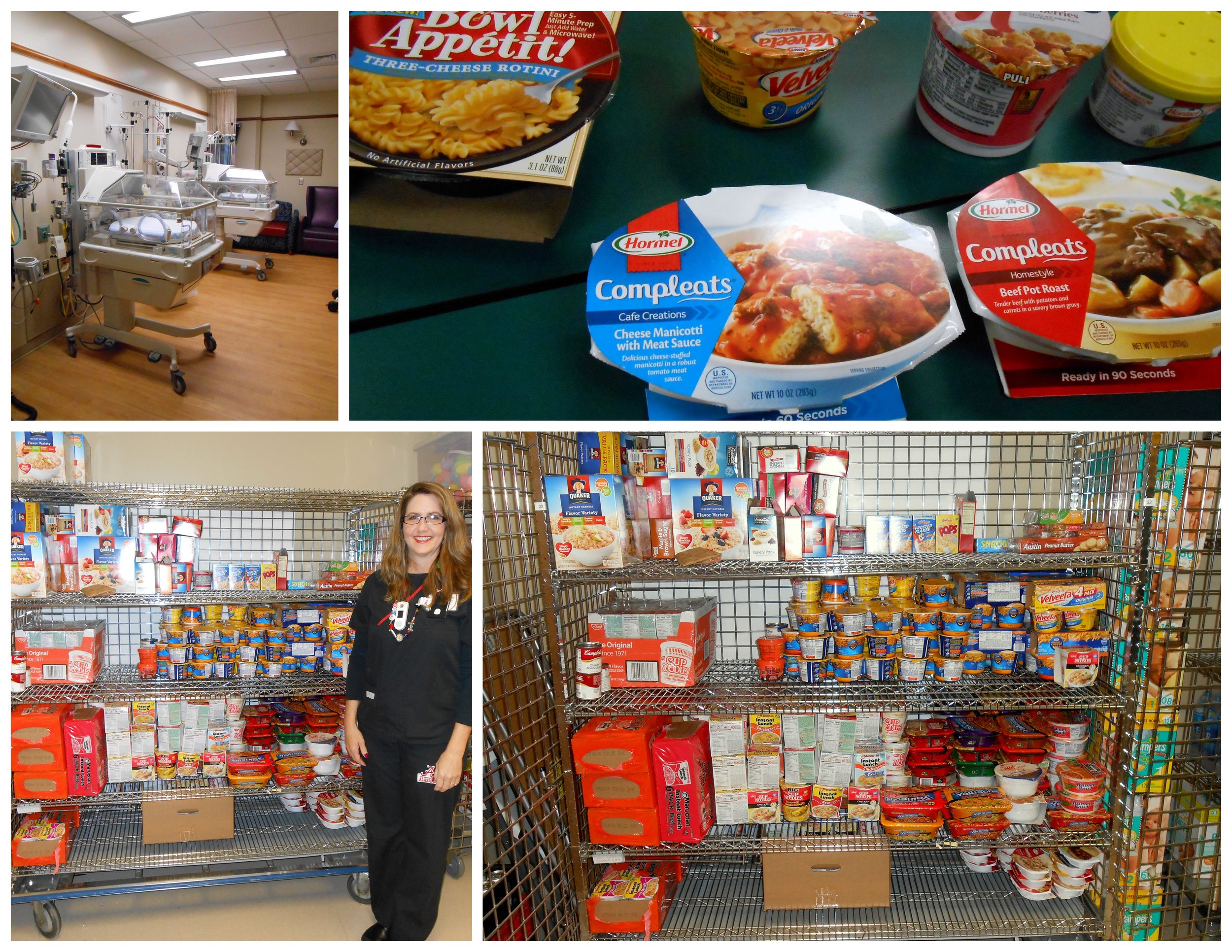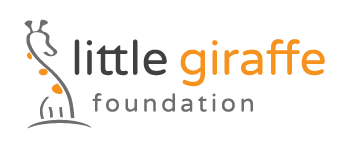
Little Giraffe Foundation
2022 Neonatal Research Grants
Little Giraffe Foundation voted to fund 3 Neonatal Research Grants to forward medical care for premature babies.
2022 Neonatal Research Grants
University of Maryland, Baltimore, MD - $10,000 Awarded
Research: Premature Infant Physiologic and Behavioral Stress Associated with Eye Exams in the Neonatal Intensive Care Unit
Janet Leath Alexander, MD – PI, Assistant Professor, Pediatric Ophthalmology & Strabismus, University of Maryland, Baltimore
Retinopathy of prematurity (ROP) is a leading cause of childhood blindness worldwide and is caused by incomplete and abnormal retinal vascular development. Preterm newborns with a very low birth weight (birth weight < 1500 grams or a gestational age < 30 weeks) are at the greatest risk of developing ROP. A history of ROP can lead to other ophthalmic conditions later in life, including retinal detachment, myopia, strabismus, and glaucoma. Serial screening examinations of at-risk infants are critical for the prevention of blindness. However the current standard of care, which uses binocular indirect ophthalmoscopy (BIO) and RetCam digital imaging, is widely regarded to cause infants physiological stress and pain. This study aims to investigate laser speckle contrast imaging (LSCI) as a non-invasive approach for ROP screening in premature infants. LSCI may offer significant advantages of reducing the pain and stress experienced by the infant during the exam. This study will methodically evaluate the physiological and behavioral indicators of pain and stress during the standard of care eye exams and LSCI examinations. By demonstrating pain and stress reduction associated with LSCI imaging, the study's findings could help increase enrollment of participants in larger clinical trials supporting further investigation and development of LSCI for comfortable, safe, and reliable ROP screening and management.
Emory University School of Medicine, Atlanta, GA - $8,522 Awarded
Research: Does pre-operative urine uromodulin predict post-operative acute kidney injury in surgical neonates?
Matthew Gillen, MD – Co-PI, Neonatal-Perinatal Medicine Fellow, Emory University School of Medicine
Stella Shin, MD – Co-PI, Medical Director of General Nephrology, Medical Director of Acute Kidney Replacement Therapies, and Assistant Professor of Pediatrics at Emory University
Acute kidney injury (AKI) is independently associated with increased morbidity and mortality in critically ill patient populations, including neonates. Tools to enhance early prediction of AKI are of the utmost importance. Limitations of existing AKI definitions have driven the discovery of new tools in AKI detection and prediction, including urine biomarkers. In adult and pediatric surgical patient populations, low pre-operative urine uromodulin (UMOD), a protein produced by renal tubular epithelium, is associated with increased post-operative AKI risk. However, the relationship between pre-operative urine UMOD and post-operative AKI has not been studied in neonates.
University of Colorado Denver, Denver, CO - $8,682 Awarded
Research: A pilot trial of a dyadic behavioral health intervention for infants born <30 weeks to promote parent-infant bonding and family engagement in the neonatal intensive care unit
Allison Dempsey, PhD - PI, Associate Professor of Psychiatry, University of Colorado School of Medicine
The overall health and development of infants born premature is strongly linked to parental behaviors in the NICU. Early research suggests that interventions in the NICU that promote parental presence at bedside and regular engagement in care are associated with improvements in weight gain and successful breastfeeding, length of stay, and decreased mortality. There is a strong need for well-defined, evidence-based programs that address and increase family engagement in the NICU to promote nfant health and mental health/developmental outcomes. Our objective is to evaluate the initial feasibility and effectiveness of a brief, four-session, dyadic intervention at improving parent engagement in the NICU and parent-infant attachment.
